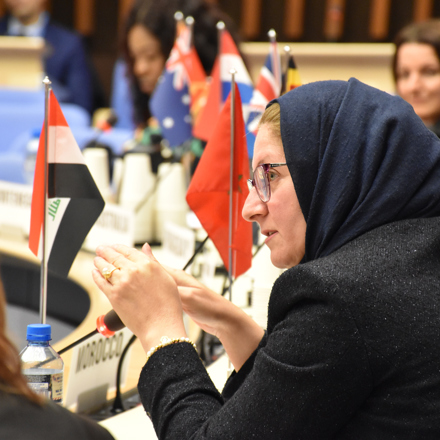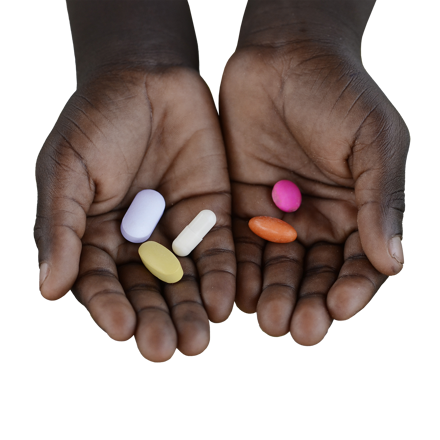Safety in numbers
The WHO PIDM was created in 1968 to ensure that evidence about harm to patients was collected from as many sources as possible. This enables individual countries to be alerted to patterns of harm emerging across the world, but which might not be evident from their local data alone.
Members of the programme work nationally and collaborate internationally to monitor and identify adverse effects of medicines and vaccines, to reduce the risks to patients, and to establish worldwide pharmacovigilance standards and systems. UMC has been responsible for the operational aspects of the WHO PIDM since 1978.
A global collaboration
The WHO PIDM is an international collaboration with the goal of ensuring identification of safety problems in medicinal products. With more than 170 full members and associate members, the programme covers about 99% of the world’s population.


Programme membership
Being a part of the WHO PIDM means bringing the support and shared expertise of a global medicines safety community to your national pharmacovigilance work, and by sharing your national insights with the programme you contribute to greater patient safety worldwide.
Members of the programme
The combined resources of member countries and UMC give members of the WHO Programme for International Drug Monitoring access to expertise, information, and tools to support the operation of their pharmacovigilance systems and the vision of the safer use of medicines.
Understanding pharmacovigilance and the PV Cycle
So what is pharmacovigilance and why is it so important? Find out more about how pharmacovigilance works and see it in action as we follow Lisa through the different stages of the medicines safety cycle after she experiences side effects from her diabetes medication.
English Español Françaisالعربية
Read our beginner's guide to pharmacovigilance


Global pharmacovigilance
Watch four stories about the challenges that pharmacovigilance professionals are faced with in different parts of the world, told by representatives from Morocco, Cabo Verde, Peru, and Croatia.